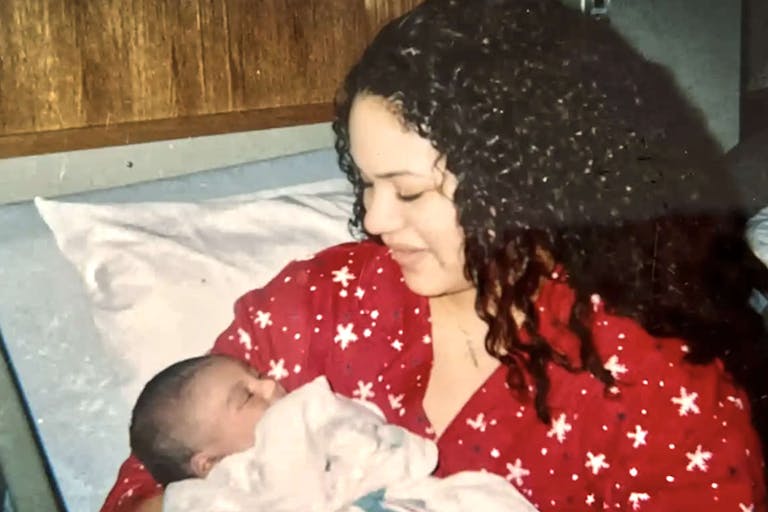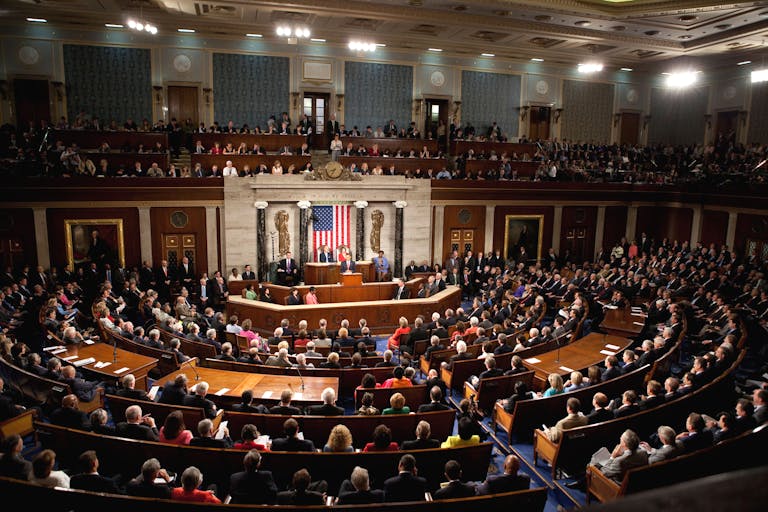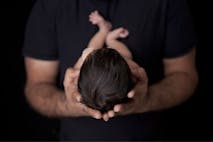
She chose life for her children, no matter what the future might hold
Melina Nicole
·
BREAKING: U.S. House votes to ban abortions after 20 weeks
On Tuesday, the U.S. House of Representatives voted in favor of Rep. Trent Franks’ Pain-Capable Unborn Child Protection Act, which would ban abortion after 20 weeks. Lawmakers passed the measure on a 237 to 189 vote.
Similar legislation passed the House in 2015, but the measure was then blocked in the U.S. Senate. Franks, who announced last month that the bill would go to the floor for a vote, said Democrats and Republicans should unite on a bill that provides a “bare minimum” protection for children.
“We can all agree a 20-week-old fetus who feels the torturous pain of being slashed, or cut in two, should not be killed,” Franks wrote.
Scientists have confirmed that children in the womb can feel pain at 20 weeks or earlier, and the pain they feel may be even more excruciating than pain experienced by adults because of the development of neurological mechanisms while in the womb.
Dr. Anthony Levatino, who committed over 1,200 abortions, describes the second trimester D&E abortion procedure below, during which a preborn child is dismembered limb from torso.

Congressman Ralph Abraham, who is also a doctor, described on the House floor why this abortion ban was necessary. He briefly explained how science knows children can feel pain in the womb:
The 20-week abortion ban is a step in the right direction, and the bill would save over 15,000 preborn lives annually. Numerous polls have shown that most Americans support a ban on late-term abortions, including a poll conducted by the pro-abortion Huffington Post. A Knights of Columbus/Marist poll reported that a majority of Americans also support heavily limiting abortions in general.
Tragically, the United States is only one of seven nations — including North Korea and China — where elective abortions are permitted on demand past 20 weeks. The definition of “health” based on the legal standard of Doe v. Bolton includes even the physiological or emotional “wellbeing” of the mother, which essentially makes the definition so broad that restrictions on abortion are of no real effect.
READ: Mother shares powerful photos of baby miscarried at 20 weeks: He was ‘not a clump of cells’
Opponents of the bill claim abortions after 20 weeks are necessary when the mother’s life is at risk. However, it is misleading to claim that abortion is necessary in these scenarios, as modern medicine can be used to save both the mother’s and child’s life. Dr. Levatino explains below:

Another reason some support late-term abortion is in cases of diagnosed fetal anomalies. However, when a child is diagnosed with a serious complication or disability, there are many life-supporting resources available that parents deserve to hear about. Additionally, doctors are not always correct with the diagnoses, as countless children prove — including comedienne Lynn Ferguson’s, and Titus Steng. Moreover, no child should be sentenced to a violent death due to his disability or the probability that she will have a shortened life. Killing a human being for these reasons amounts to discrimination.
Currently in the United States, preborn children can be aborted up until the day they are to be born. Many women have late-term abortions for socioeconomic reasons, just as they do for earlier abortions. Babies who are born prematurely are recognized as having full protection under the law, regardless of their age, as they should be. And yet, babies of the same age are aborted on demand.
The time is now to save preborn children, and while the Pain-Capable Unborn Children Protection Act is not a complete human rights bill, it goes a long way.
Live Action News is pro-life news and commentary from a pro-life perspective.
Contact editor@liveaction.org for questions, corrections, or if you are seeking permission to reprint any Live Action News content.
Guest Articles: To submit a guest article to Live Action News, email editor@liveaction.org with an attached Word document of 800-1000 words. Please also attach any photos relevant to your submission if applicable. If your submission is accepted for publication, you will be notified within three weeks. Guest articles are not compensated (see our Open License Agreement). Thank you for your interest in Live Action News!

Melina Nicole
·
Analysis
Cassy Cooke
·
Politics
Cassy Cooke
·
Analysis
Cassy Cooke
·
Analysis
Nancy Flanders
·
Newsbreak
Angeline Tan
·
Fact Checks
Rebecca Downs
·
Newsbreak
Rebecca Downs
·
Newsbreak
Rebecca Downs
·
Newsbreak
Rebecca Downs
·
Newsbreak
Rebecca Downs
·